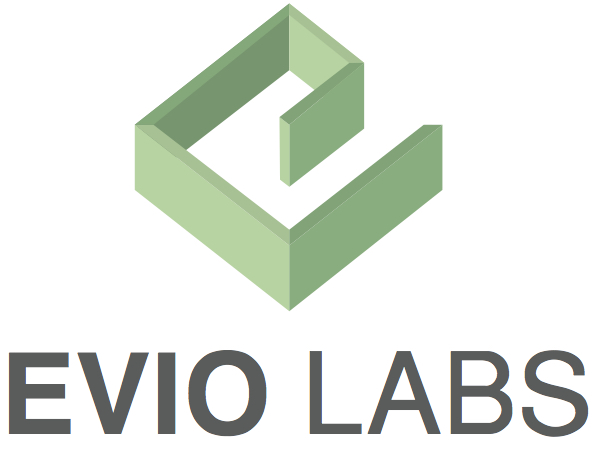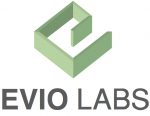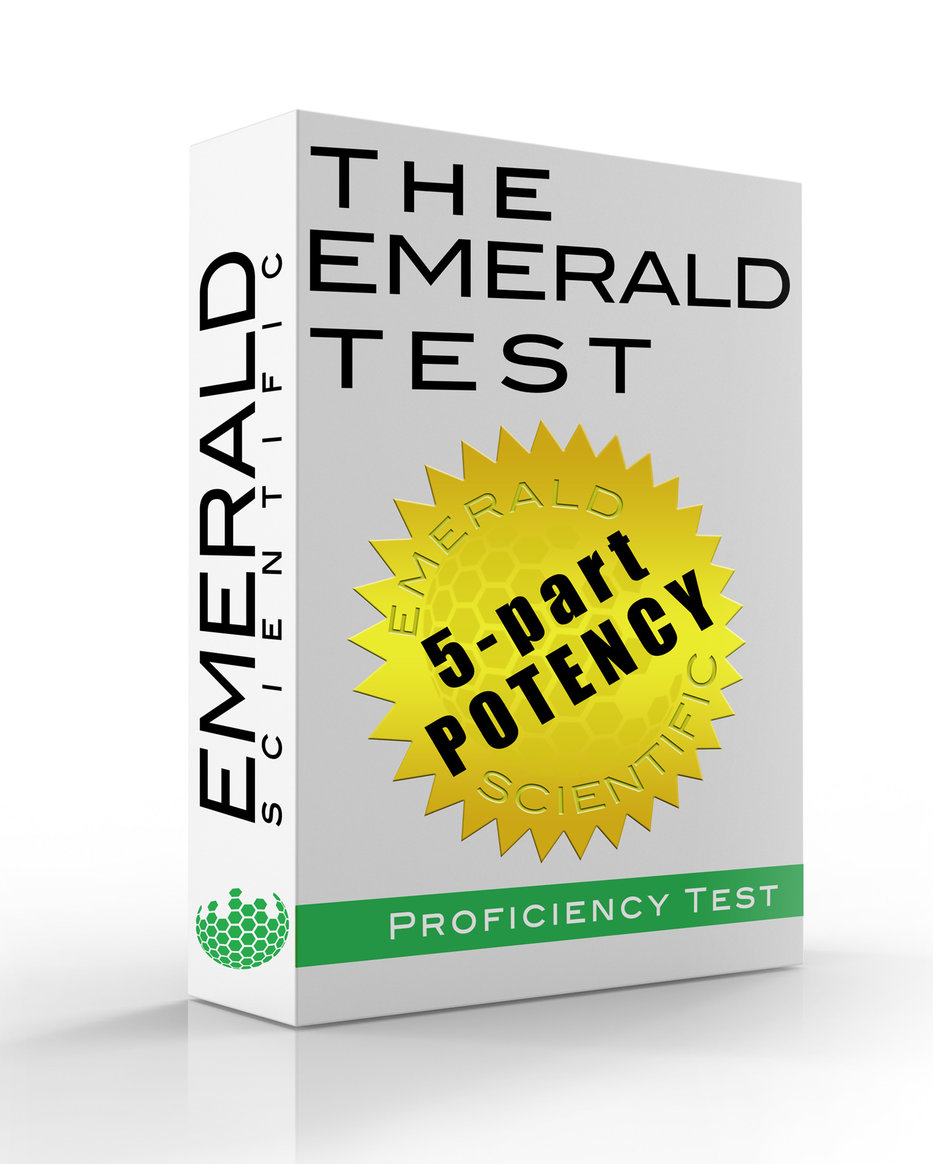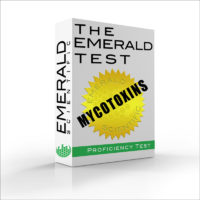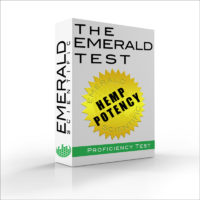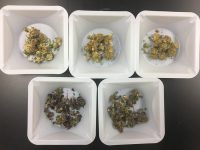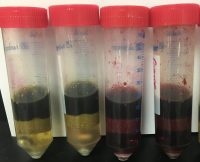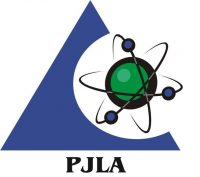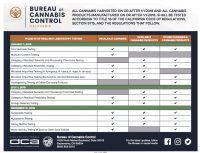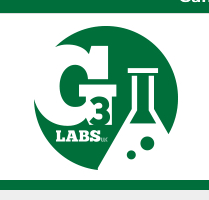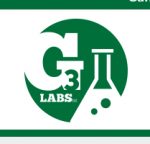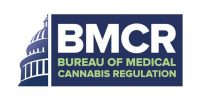More than a year ago, we sat down with Chris Martinez, co-founder and chief operating officer of EVIO Labs Florida, when he just started getting the laboratory off the ground. In February of 2018, they became Florida’s first ISO accredited cannabis testing lab.

Fast-forward almost a year and EVIO Labs Florida is continuing their expansion in the state, now with locations in Broward County and Gainesville. “We are always looking at opportunities to better serve our clients and the patients of Florida,” says Martinez. “Opening Gainesville within a year of Davie was a goal we set for our team. We knew there was a need and opening Gainesville helped support the continued growth of FL medical marijuana program.” He says that between the two locations, they can now process upwards of 1,400 samples a day.
According to Martinez, much of that expanded throughput is thanks to their partnership with Shimadzu. “Our relationship with Shimadzu is very unique,” says Martinez. “Shimadzu instrumentation allows us to test in parts per billion for accuracy and sensitivity levels that empower us to see deep into the chemical makeup of these medicines. Operating in this space where speed and turnaround times are key, these instruments provide us with a platform to meet 24/48-hour deadlines.” They can now screen for contaminants such as pesticides, heavy metals, residual solvents, mycotoxins, aflatoxins and pathogens using instruments such as HPLC, GC-MS/MS, LC-MS/MS and ICP-MS, all provided by Shimadzu.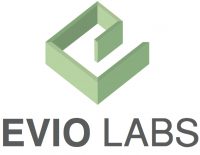
While Florida doesn’t currently have a final rule on testing thresholds, there are proposed regulations that would require independent lab testing for medical cannabis products. “Our clients are self-regulating at this time and in favor of the current proposed regulation,” says Martinez. “The proposed regulations will give Florida the most comprehensive and stringent testing regulation in the U.S. and arguably the world.”
For Martinez and the rest of the EVIO Labs Florida team, this is about protecting public health. “Our lab’s main focus is always first and foremost patient safety,” says Martinez. “As the market continues to grow, we continue to innovate through business intelligence software and other technologies to streamline the testing process for our customer’s.”

